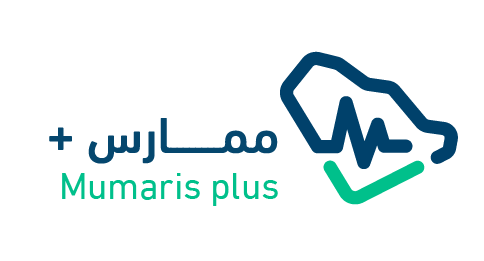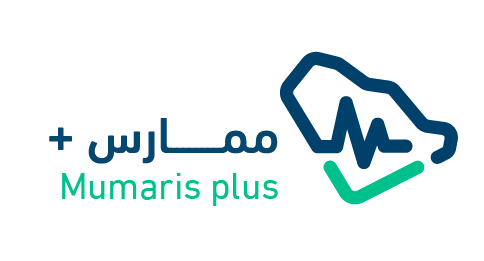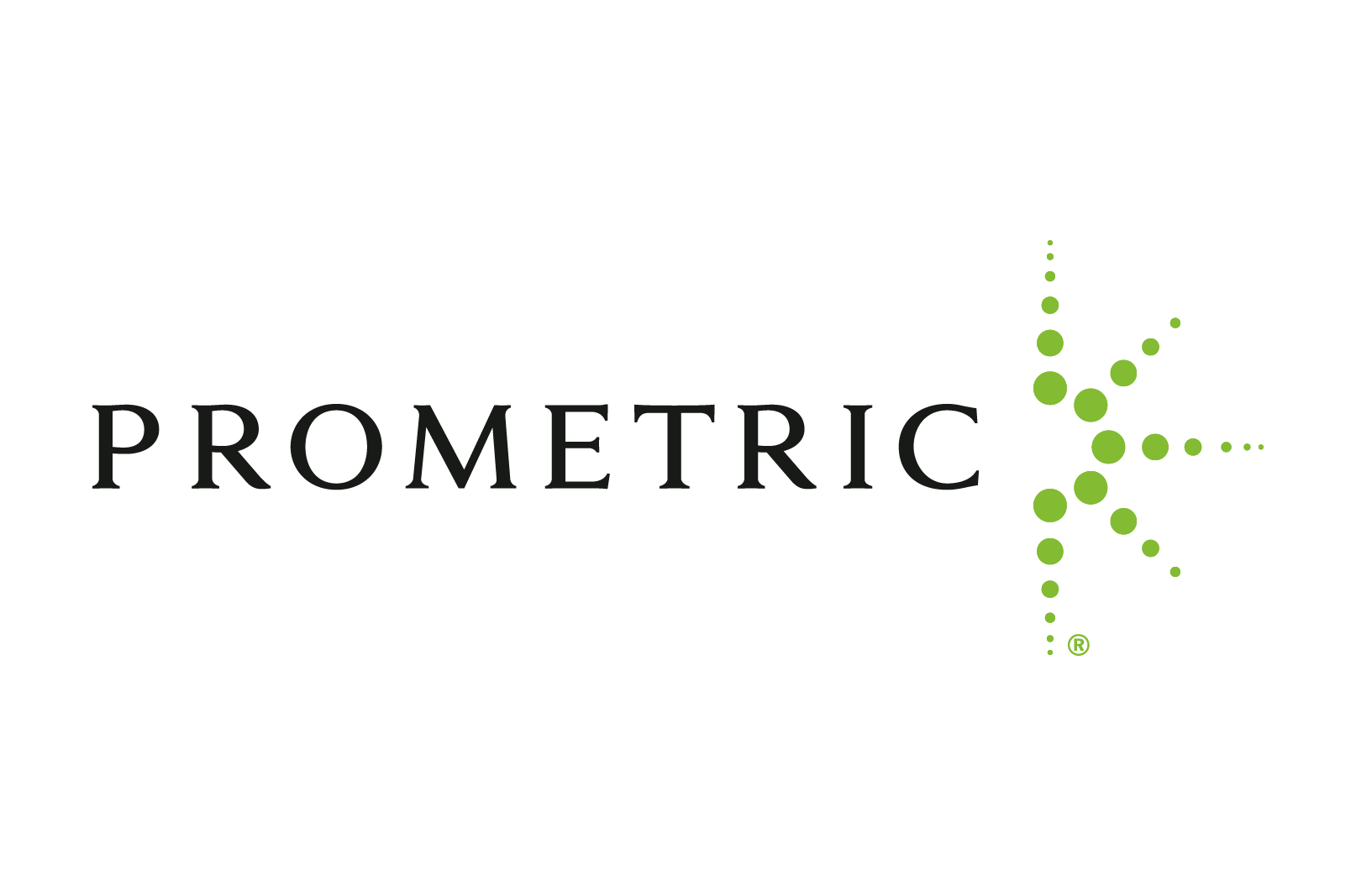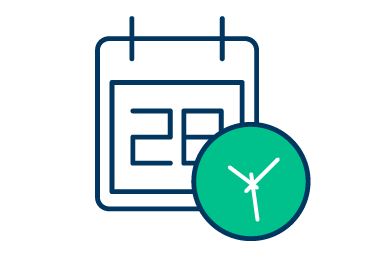Help us develop our services
How satisfied are you with the services provided on the portal of the Saudi Commission for Health Specialties?
About Mumaris Plus
Mumaris Plus is the unified portal for the services of the Saudi Commission for Health Specialties (SCFHS) for health practitioners in the Kingdom of Saudi Arabia. Through the Mumaris Plus portal,
practitioners can apply for all of the following services: You can apply and view the requirements and fees by clicking on the service

Professional Classification and Registration Requirements
The SCFHS has set several criteria in which accuracy and objectivity in evaluating the previous(training) and subsequent(experience)professional experience were considered, for obtaining certificates and vocational training, and for professionally evaluating the capabilities of their holders and classifying them accordingly
would you like to receive help accessing professional classification and registration requirements?
Specializations Description
It is a brief indicative description that helps in defining the minimum requirements and basic competencies required for the purposes of professional classification and registration in order to clarify SCFHS's services to all beneficiary categories.
Specialization Description Cards will be reviewed periodically to ensure that they are updated according to global and local changes in the health field, and we are pleased to receive the contributions of specialists in this review through submitting feedback or participating in the periodic review workshops through this link
* Subject to terms and conditions
A specialty concerned with diseases that involve the skin and mucous membranes. It also includes nail and hair diseases. It is concerned with the diagnosis of the same and knowing how to deal with different related clinical cases. Further, it includes, in some diseases, certain surgical interventions related to dermatological diseases.
Theoretical, practical, and procedural knowledge of the following:
- Clinical diagnosis, assessment, and accurate description of all dermatological diseases and making a treatment plan for each of them.
- Dermatological symptoms of general or systemic diseases and knowing the dermatological symptoms of autoimmune diseases for different age groups.
- Different treatment options and medical interventions of dermatological diseases.
- Basic plastic sciences related to dermatology specialty and knowing the microscopic diagnosis of different dermatological diseases.
- Radiological diagnostic options and laboratory investigations related to dermatological diseases.
- Taking skin biopsies to diagnose some dermatological diseases.
Obtaining, after bachelor of medicine and surgery, a qualification or a clinical training program specialized for physicians that is not less than 24 months. It should also fulfill the minimum acceptable limit of practicing the specialty according to the standards and regulations of the commission at the time of submitting the professional registration application.
A specialty concerned with cardiac health and the treatment of cardiovascular diseases. This specialty includes medical diagnosis and treatment of congenital heart defects, coronary heart disease, heart failure, valvular heart diseases, and physiology, etc.
Theoretical, practical, and procedural knowledge of the following:
- Diagnosis, assessment and making a complete treatment plan including reviews and instructions on cardiovascular diseases.
- Reading and interpretation of all diagnostic tests related to the heart.
- Radiological diagnostic options and laboratory investigations related to cardiovascular diseases.
- Dealing with emergency and critical cases related to cardiovascular diseases.
- CPR for all age groups.
- Prevention of Cardiovascular diseases and promoting health.
.
Obtaining, after bachelor of medicine and surgery, a qualification or a clinical training program specialized for physicians that is not less than 36 months. It should also fulfill the minimum acceptable limit of practicing the specialty according to the standards and regulations of the commission at the time of submitting the professional registration application.
A specialty concerned with the study of normal physiological kidney functions, renal diseases, treatment of renal issues and treatment by renal replacement therapy such as dialysis and kidney transplant.
Theoretical, practical, and procedural knowledge of the following:
- Assessment and treatment of medical complications in patients during and after hemodialysis and other treatments, understanding their causes and their prevention.
- Assessment of chronic hemodialysis patients and making appropriate diagnostic and therapeutic plans for each case.
- Assessment and treatment of medical complications in patients during and after peritoneal dialysis and other treatments, understanding their causes and their treatment.
- Cases of kidney transplant recipients and donors.
- Renal procedures including assessment of urinary sediments, hemodialysis port placement and dialysis catheter removal.
- Performing urinary assessments and access placement of hemodialysis.
- Treatment of common complications of all procedures of renal patients.
- Assessment of the patient’s need for emergency renal replacement therapy and when to try to take alternative or preventive measures.
Obtaining, after bachelor of medicine and surgery, a qualification or a clinical training program specialized for physicians that is not less than 24 months. It should also fulfill the minimum acceptable limit of practicing the specialty according to the standards and regulations of the commission at the time of submitting the professional registration application.
A specialty concerned with diseases of the esophagus, stomach, small intestine, colon, rectum, pancreas, gall bladder, biliary ducts and liver.
Theoretical, practical, and procedural knowledge of the following:
- Diagnosis, assessment and making a complete treatment plan including reviews and instructions of any diseases related to the esophagus, stomach, small intestine, colon, rectum, pancreas, gall bladder, biliary ducts and liver.
- Anatomy, physiology and pathology of GIT and liver diseases.
- Knowledge base of GIT and liver diseases in respect with natural history, prevention, diagnosis and treatment of main diseases.
- Importance of nutrition, malnutrition and compensatory nutrition and their outcomes.
- Knowing how to safely and accurately perform the following procedures with full understanding of their medical indications, including determining complications and their treatment: esophagoscopy, flexible sigmoidoscopy, colonoscopy, small intestinal and rectal biopsy, percutaneous liver biopsy and foreign body removal from the esophagus and GIT.
- Providing medical care for patients that suffer from abdominal pains, vomiting and chronic diarrhea.
Obtaining, after bachelor of medicine and surgery, a qualification or a clinical training program specialized for physicians that is not less than 24 months. It should also fulfill the minimum acceptable limit of practicing the specialty according to the standards and regulations of the commission at the time of submitting the professional registration application.
A specialty concerned with internal diseases of adults. This includes applying scientific knowledge and clinical experience on diagnosis and complete care. Further, it includes promoting health and prevention of diseases.
Theoretical, practical, and procedural knowledge of the following:
- Diagnosis, assessment and making a complete treatment plan including reviews and instructions of any diseases of internal medicine.
- Assessment and follow-up of acute, chronic and geriatric diseases.
- Assessment and diagnosis of oncology cases.
- Protection from chronic diseases and health promotion.
- Biological clinical and medical sciences that are related to internal medicine sciences.
- Radiological diagnostic options and laboratory investigations related to internal medicine.
Obtaining, after bachelor of medicine and surgery, a qualification or a clinical training program specialized for physicians that is not less than 24 months. It should also fulfill the minimum acceptable limit of practicing the specialty according to the standards and regulations of the commission at the time of submitting the professional registration application.
A specialty concerned with providing continuous healthcare for the individual and the family. The specialty relies on clinical, biological and behavioral sciences. The scope of family medicine includes all ages of both sexes and all diseases that involve the body organs.
Theoretical, practical, and procedural knowledge of the following:
- Diagnosis, assessment, and making a complete treatment plan including reviews and instructions of any organic and psychological diseases that are prevalent in the society.
- Providing protective care and promoting health for all family and society members. This includes vaccines and early tests to discover diseases prior to their appearance; moreover, this includes cessation of smoking, premarital tests and travel medicine.
- Providing continuous care for the mother and child through pregnancy follow-up, safe labor and promoting children safety.
- Assessment and treatment of critical or emergency cases.
- Assessment and treatment of patients that suffer from chronic diseases.
- Radiological diagnostic options and laboratory investigations.
- Assessment and referral of cases that require specialized care or surgical interventions. This will be after completing diagnosis and initial tests.
Obtaining, after bachelor of medicine and surgery, a qualification or a clinical training program specialized for physicians that is not less than 24 months. It should also fulfill the minimum acceptable limit of practicing the specialty according to the standards and regulations of the commission at the time of submitting the professional registration application.
A specialty concerned with man and the disorders, diseases, or injuries that affects man, whether physical or psychological and their treatment and working to prevent and avoid them.
Theoretical, practical, and procedural knowledge of the following:
- Human body structure and physiology in health and disease.
- Healthcare system and medical practice principles, including patient’s rights, healthcare quality, safety, protection and infection control.
- Integration of health terms and conditions to apply problem solving and clinical thinking skills to analyze medical history and clinical examination, in order to reach the proper diagnosis.
- Making an appropriate treatment plan for common surgical, medical and psychological cases.
- Obtaining the medical history and performing the clinical examination related to the patient’s health state.
- Medical investigations, whether laboratory investigations or medical imaging.
- Communication with the patient and his family and communication with his colleagues and the medical team as well.
- Patient education and health promotion.
Obtaining, after bachelor of medicine and surgery and the termination of internship year. This can’t be less than 6 years. Otherwise, this can’t be less than 4 years after obtaining a bachelor degree in one of the health specialties.
A specialty concerned with obstetrics and gynecology and includes subspecialties of each of pregnancy, labor, and post-natal period. Moreover, it includes gynecological diseases, female reproductive system health, surgical and non-surgical treatments.
Theoretical, practical, and procedural knowledge of the following:
- Pregnancy and labor follow-up and complications, including complicated labors and their method of treatment.
- Basic skills in diagnosis and treatment of female reproductive system disorders.
- Treatment of female factors of infertility and reproduction.
- Treatment of critical cases related to the female reproductive system through conventional or minor and simple interventional treatment methods.
- Treatment of female reproductive system tumors of different types.
- Treatment of congenital malformations and female urological diseases.
Obtaining, after bachelor of medicine and surgery, a qualification or a clinical training program specialized for physicians that is not less than 36 months. It should also fulfill the minimum acceptable limit of practicing the specialty according to the standards and regulations of the commission at the time of submitting the professional registration application.
A specialty concerned with the treatment and diagnosis of pediatric injuries and treatment of surgical cases of neonates, infants, children, and adolescents.
Theoretical, practical, and procedural knowledge of the following:
- Diagnosis, assessment, and making a complete treatment plan including reviews and instructions of any injuries to the organs or systems of pediatric surgery specialty.
- Basic surgical skills in critical cases surgeries whether medical or resulted from accidents and injuries of pediatrics.
- Basic sciences of pediatric GIT, endocrine glands and skin tumors, their etiology, methods of assessment, treatment options and follow-up. It also includes methods of taking biopsies.
- Clinical skills essential for diagnosis such as fluid sampling from the abdomen or taking biopsies from the tissues, etc.
- Different treatment options for the organs included in the specialty. This includes not only surgical, but also non-surgical options.
- Clinical assessment and making treatment plans for chronic ulcers and their dressings or surgical wounds of surgical procedures and to know how to manage them.
- Treatment evidence of assessment and treatment of advanced pediatric accidents and injuries.
- Diagnosis and treatment of congenital malformations of pediatrics.
Obtaining, after bachelor of medicine and surgery, a qualification or a clinical training program specialized for physicians that is not less than 36 months. It should also fulfill the minimum acceptable limit of practicing the specialty according to the standards and regulations of the commission at the time of submitting the professional registration application.
A specialty concerned with the treatment of diseases and deformities and repair of injuries in different body parts whether in the skin (including the hair), mucous membranes, musculoskeletal system or peripheral nerves and congenital malformations and orthopedic injuries in the face and hands as well. Further, the specialty includes treatment and restoration of burns in critical cases. Furthermore, it is concerned with restoration operations (of skin, bones and other tissues) after accidents or resection of tumors. Moreover, it includes body contouring and modification through surgical and non-surgical methods, for different diseases of different age groups.
Theoretical, practical, and procedural knowledge of the following:
- Treatment of burns in the critical phase and in phases of restoration and rehabilitation of all age groups.
- Hand diseases and injuries and congenital malformations (in adults and pediatrics) including peripheral nerve injuries.
- Congenital malformations in pediatrics and making necessary surgical and non-surgical treatment plans.
- Basics of facial and cranial surgeries in pediatrics and adults, including congenital malformations, injuries and tumors.
- Different basics of restoration, tissue transplantation such as skin grafting or transfer of tissues through microsurgery for restoration after accidents, burns or resection of tumors.
- Basics of dealing with skin inflammations and tumors and diagnostic methods through samples and making treatment plans that include restoration after resection.
- Clinical assessment and making treatment plans for chronic ulcers and their dressings or surgical wounds of surgical procedures and to know how to manage them.
- Drugs and fats of plastic surgery and drugs that interfere with them, their reactions in the body and dermatological symptoms resulting from some of them.
Obtaining, after bachelor of medicine and surgery, a qualification or a clinical training program specialized for physicians that is not less than 36 months. It should also fulfill the minimum acceptable limit of practicing the specialty according to the standards and regulations of the commission at the time of submitting the professional registration application
Certificate Verification
The process of verifying the authenticity of certificates for all health practitioners holding certificates from outside the Kingdom of Saudi Arabia, by contacting the certificate-issuing body by DataFlow, the international and specialized company. This aims to found a safe health practice that is not flawed by any forgery or falsification or the like, which is considered to be one of the basic criteria for the accreditation of hospitals and health facilities by local and international bodies to have practitioners who are capable of practicing the health profession efficiently and in a safe manner
Continuing Professional Development
Continuing Professional Development enhances the concept of lifelong learning commitment and enabling the practitioner to be responsible for their professional and ethical development towards their career.
Calendar of professional development activities
Exams
Postgraduate Program Exams in SCFHS aim to assess the level of practitioners and develop them to ensure that they can practice their specialty efficiently and competently.

Mumaris e-Services
Rules and Regulations
Frequently Asked Questions
Check Frequently Asked Questions About Practitioner





